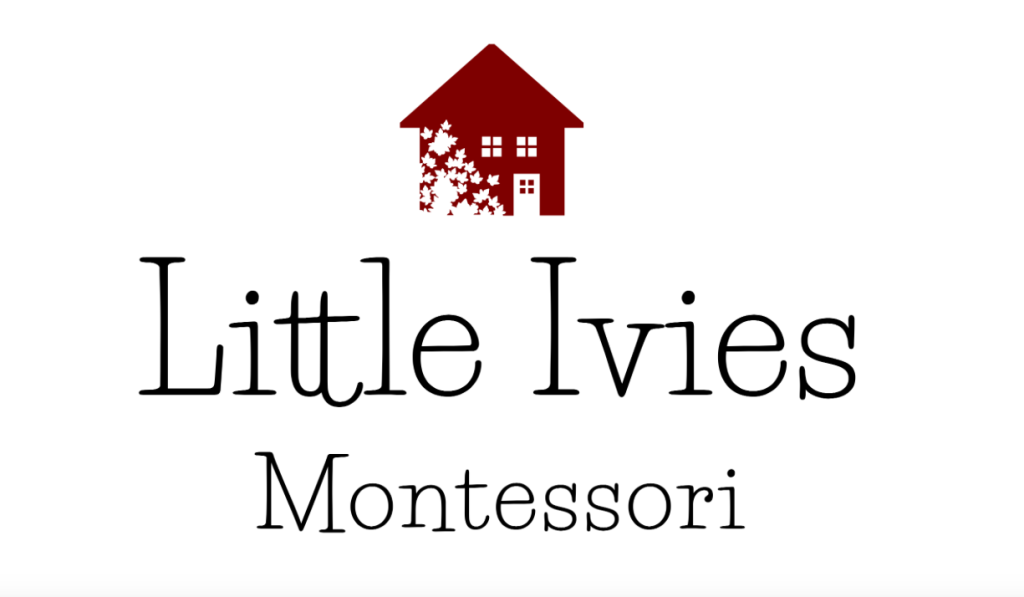You may start to worry whether your kid is prepared to enter preschool once they reach or is past the age of three. Many 3-year-olds will succeed at preschool, but others may need more time to develop the necessary abilities. It’s a significant decision to determine whether your kid is prepared for preschool programs, but several vital signs may guide your choice. You may also get excellent advice from your kid’s physician and the preschool staff about when your child is prepared.
Preschool age is defined as 3 to 5 years old. However, this does not imply that all 3-year-olds are prepared to start kindergarten. Many children may delay starting school until they are four years old, and even then, they could benefit from a half-day program. Starting preschool is more of a developmental milestone than a decision based on age.
To help you decide whether your kid is prepared to enter the best preschools in Plano TX, pose the following questions to yourself.
The Age Of Your Child.
Educators often define preschool as the two years before a kid starts kindergarten. The minimum age that some preschools need for enrollment is three years old by December of the academic year; however, others may take children as young as two. To wait until their children are ready or eligible for kindergarten in their school district, parents of children with late birthdays (i.e., those born after September 1) frequently postpone beginning preschool. In these situations, children with late birthdays may go to preschool from age 3 to 6 or, if they started later, from age 4 to 6.
When determining whether and when a kid is prepared for preschool programs, parents and preschools should consider various criteria, including age.
Do You Have a Potty-Trained Child?
Some preschools demand that their pupils complete or are close to completing toilet training. Additionally, preschoolers should be able to dress and put on their shoes and coats. Additionally, they should be able to wash their hands and pull up and button their trousers.
Is Your Child a Direction Follower?
Although preschool programs guidelines are often moderate, it is nonetheless required that your kid be able to follow basic directions. Preschoolers usually need to clean up, adhere to snack rules, form a line with the rest of the class, and do various other tasks. Give your preschoolers little activities they can do on their own, like setting the dinner table or helping bring in the mail, if these duties are challenging. The routine is more significant than the work itself. Choose daily tasks that are easy to perform.
Can You Comprehend What Your Child Is Saying?
It’s common to anticipate excellent speaking in 3-year-olds. But ideally, they want people to be able to grasp what they’re saying. The same goes for your preschooler’s capacity for hearing and comprehending other individuals. Children prepared for preschool often use short sentences of three to five words. Additionally, they may talk about recent events like going to the zoo or the library.
Consult your doctor if your kid has a speech or hearing problem. They should be able to suggest an audiologist or speech therapist who specializes in
Can Your Child Live Without You?
Separating from parents is often easy for children who have attended daycare. Separation anxiety, though, may be a problem for kids who have had one parent stay at home with them all day. If your kids feel sad when you leave them or if you’ve never left them before, you may want to start practicing this skill.
Leave them with a friend or relative for brief periods while you dash to the supermarket. Drop your kid off with a neighbor so you can take a little stroll around the block. To prevent anxiety at the preschool drop-off, it’s essential that your kid learns to part from you and to have faith that you will come back. Remember that even children who are used to being apart from their parents may sob or feel anxious about being left at preschool. But this ambiguity or anxiety ought to fade with time.
Even though it’s natural for some kids to cry during drop-off, they generally calm down immediately once their parent has gone.
How Well Do They Get Along With Kids?
When determining whether or not your child is prepared for preschool, please consider their socialization level, preschool skills, and ability to behave appropriately among other kids. You probably have an excellent notion of how your child reacts to other children their age if they have been around children regularly, such as at church, playgroups, or in the park.
Nevertheless, developing social skills is another important goal of preschool. So you should be okay if your youngster hasn’t interacted with other kids much. They get to interact and play with kids their age in preschool programs. To help them practice interacting with others, you may set up playdates, sign up for activities, or go to community events if you’re concerned about their social readiness.

